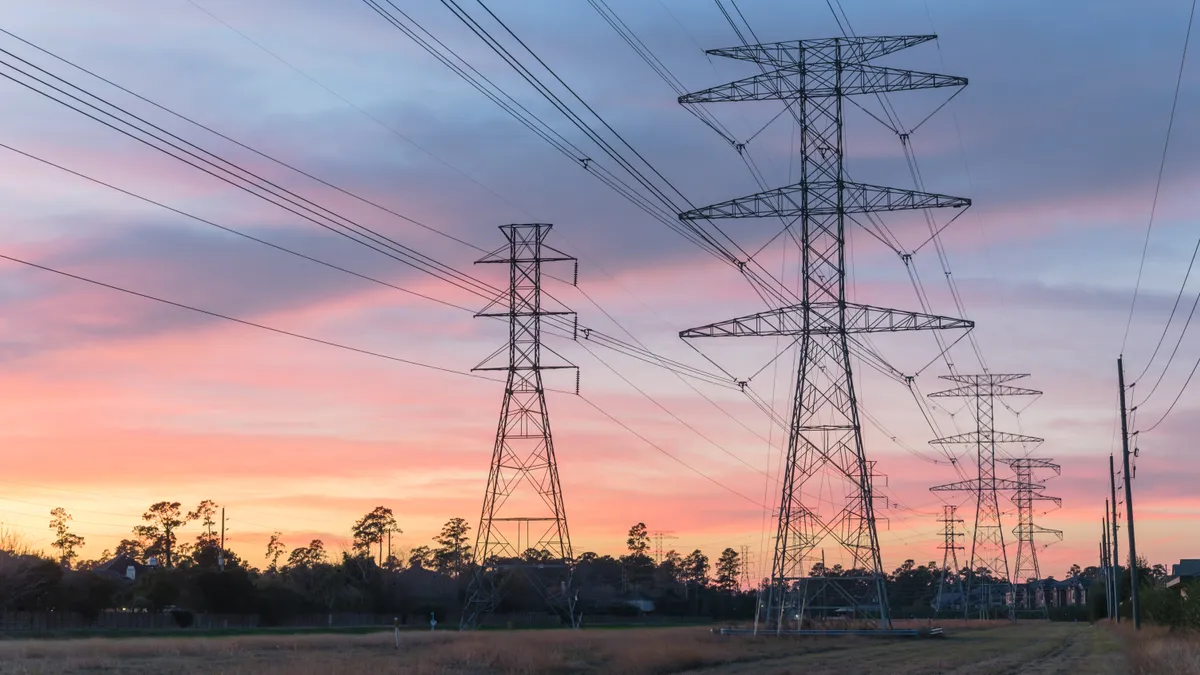The Public Utility Commission of Texas on Thursday authorized the city of Lubbock to complete its move into the Electric Reliability Council of Texas market after a last-minute agreement was struck regarding termination fee proceeds.
“Welcome to ERCOT,” Commissioner Will McAdams said.
Lubbock began exploring the move into ERCOT, and out of the Southwest Power Pool, in 2015 in order to give consumers more control over their electricity consumption. The city integrated about 70% of its load into the Texas market in 2021. The city’s remaining 30%, or about 170 MW, was served under a power supply contract with Southwestern Public Service scheduled to end in 2044.
The city has been waiting for all customers to be on the ERCOT system before transitioning to customer choice.
Last year, Lubbock and SPS reached an agreement to terminate the power supply contract for $77.5 million, setting the stage for the city to fully integrate with ERCOT this fall. The one hitch heading into Thursday’s PUCT meeting, where commissioners planned to vote on a proposed order authorizing Lubbock’s move, was opposition from Golden Spread Electric Cooperative.
Golden Spread is a generation and transmission cooperative connected to SPS’ system and it raised concerns about how the termination payment would be allocated by SPS between transmission and production functions.
“This issue is not essential” to Lubbock’s move to ERCOT, Golden Spread said in a December filing at the PUCT. Nonetheless, because of the timing of Lubbock’s planned move “the allocation of that payment is kind of a poison pill on the rest of the agreement,” PUCT Chair Peter Lake said.
Lake delayed a decision until the end of the commission’s Thursday meeting, giving parties a few hours to work out an agreement.
“It has never been our intent to slow the move of a group of consumers that want to go to ERCOT, to customer choice,” James Guy, Golden Spread general counsel, said after an agreement had been reached. Golden Spread reserves its right to address the allocation issue at the Federal Energy Regulatory Commission, he said.
Lubbock has been preparing to shift its customers to a retail choice model for years, and last month tapped Reliant Energy Retail Services, TXU Energy Retail and Octopus Energy as “safety net providers” for the city’s customers.
If a customer does not choose a retail electric provider within a designated “shopping period” planned for this summer, one of the three designated providers will be assigned to them.
The decision on safety net providers followed months of review and deliberation, said Joel Ivy, director of Lubbock Power & Light.
“While we hope all customers will take the opportunity to pick their new provider when the time comes, this is an important step in the process to migrate all LP&L customers to the retail electric market later this year,” he said in a statement.
According to the city, Lubbock will be first Texas municipality “to voluntarily shift to a customer choice model” since lawmakers established the competitive retail market in 1999.















